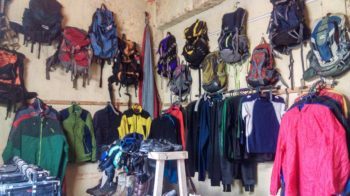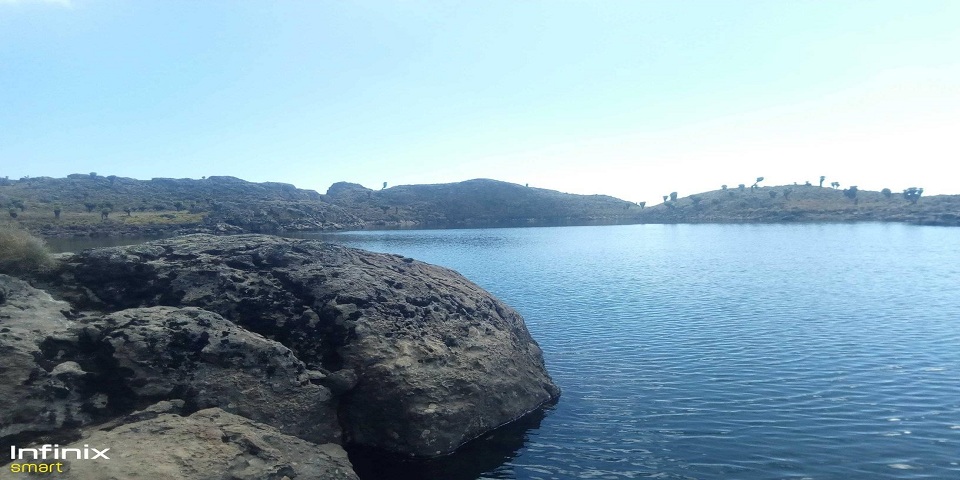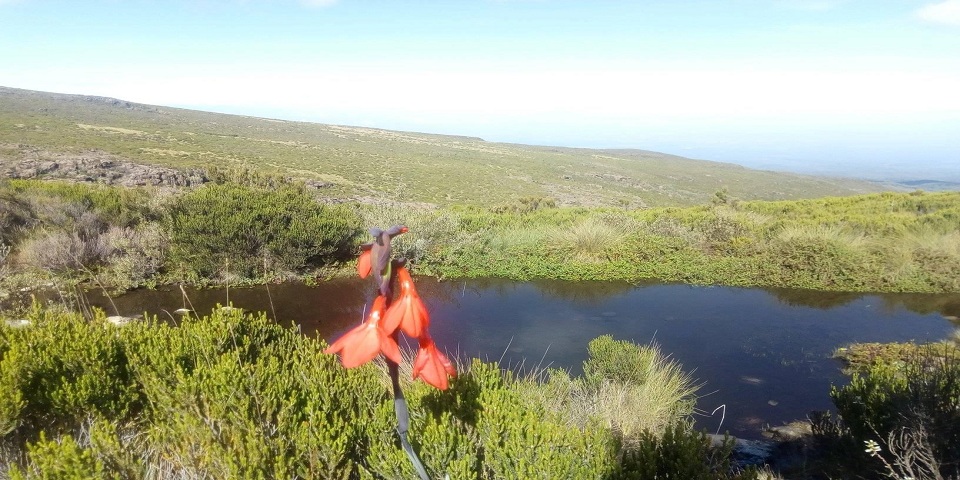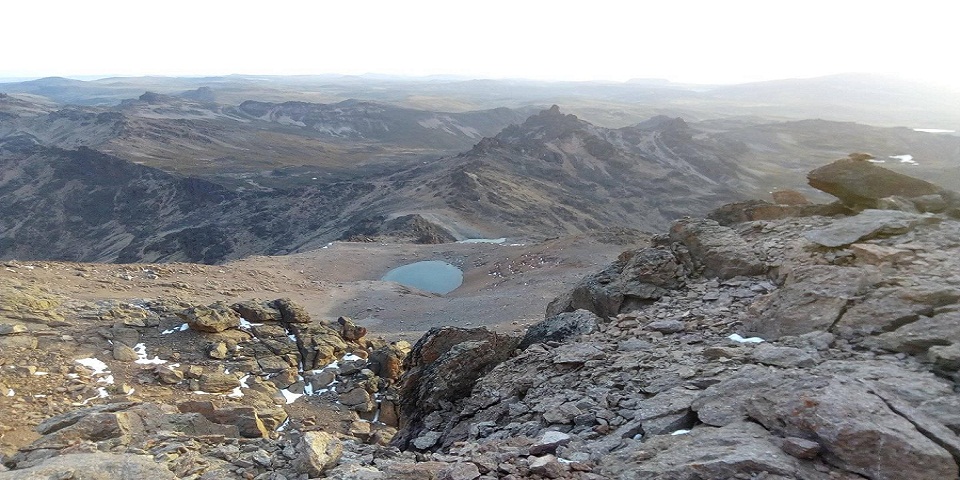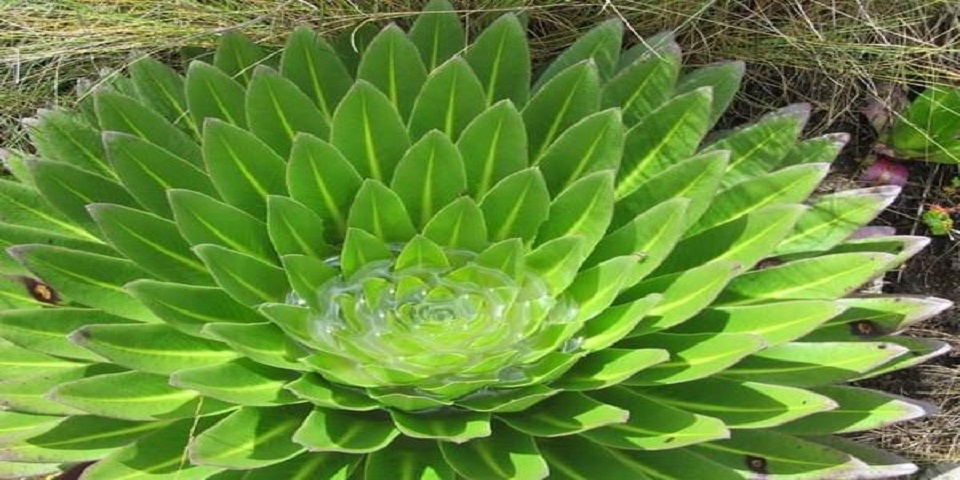Clothing: temperatures changes every day,depending on the altitude,this may be hot at the altitude of 2600-3500m Mount Kenya and freezing temperatures at the altitude from 3600m-5000m above sea level. In windy conditions, the chill-factor makes it extremely cold at the top of Point Lenana and plenty of clothing is needed to enjoy the time at the top.
Therefore, it is a good idea to wear layers that can be added and removed as the temperature varies. Also, remember warm gloves and hat (or balaclava), as well as a sun-hat to protect against the sun.
Footwear: Preferably trekking boots with room for thick socks. It is absolutely essential that you break them in prior to the trek.
Socks: Bring two pairs of thermal socks.
Thermal underwear: Transports moisture and keep you warm (during the day and during the night).
Fleeces: Make sure they are large enough to fit on top of each other.
Trekking trousers: Not jeans, which are heavy and dries slowly.
Rain wear: Light showers are frequent on Mount Kenya.
Backpack/duffel bag: For the porter to carry most of your gear.
Day-pack: A small backpack for you to carry, to hold water, rain wear, extra layer of clothing, camera, and valuables.
Head torch: Essential if you plan to peak Point Lenana at sun-rise. Also convenient in the camps, to find your way around during the night (and for reading, etc).
Sleeping bag: It is COLD during the nights – also in the camps. Depending on the amount of clothing you will be sleeping in, a three-season (comfort temperature around -5 -> 0 deg C) may be a good choice.
Sleeping mat: Is not needed. The camps have good mattresses and if we have agreed on nights in tent, we will provide a sleeping mat.
Sunglasses: May be nice, especially if the ground is covered with snow when the sun rises there may be refraction as this may affect the eyes
Sunscreen: A high factor (30-50) to protect the face and neck.
Toiletries: Tooth brush/paste, toilet paper, towelettes, tampons, …
Towel: A small one – there are no showers available on the mountain
Water: There is plenty of water sources on Mount Kenya and a single one-litre (or two) container should be adequate. Some clients drink the water as it is and some clients bring purification tablets or similar.for more exclusive information in hiking gear list

